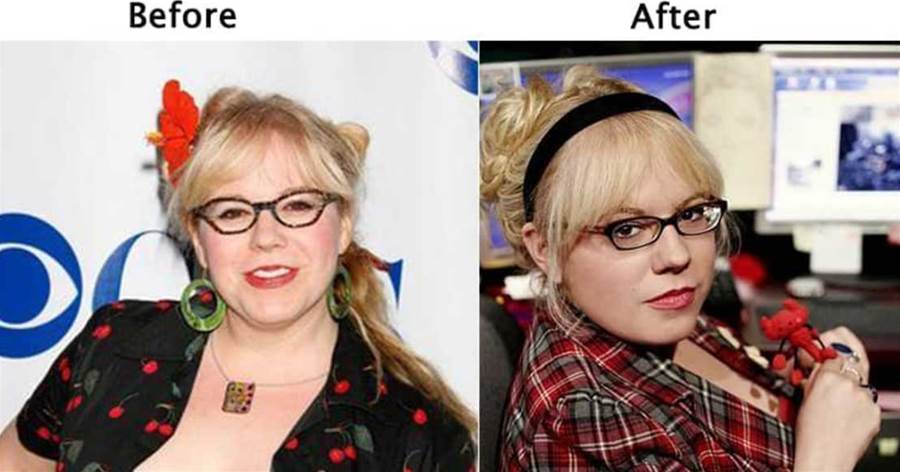
Bodybuilding is a discipline that demands dedication, hard work, and strict adherence to a rigorous training and diet regimen. One crucial aspect of bodybuilding competitions is accurately measuring competitors' heights and weights. However, it raises the question: will bodybuilders lie about their measurements to gain a competitive advantage?
Accurate measurements play a significant role in bodybuilding competitions, making it imperative for organizers to ensure fairness and integrity.
Competitors are generally classified into different weight and height categories, allowing them to compete against others with similar physical attributes. Any discrepancy in measurements can give competitors an unfair advantage or disadvantage and potentially affect the overall outcome of the competition.
But, are bodybuilders tempted to provide fraudulent measurements to enhance their chances of success? To determine the truth behind this notion, we must understand the reasons that might compel bodybuilders to lie about their heights and weights.
One reason for potentially dishonest measurements is the inherent pressure to conform to idealized body proportions. Bodybuilders work tirelessly to achieve a perfect balance between muscularity and aesthetics. In some cases, individuals may claim to be taller or shorter than their actual height to ensure they fall within a specific height category that suits their physique. Similarly, a bodybuilder who aspires to compete in a lighter weight class might misrepresent their weight to qualify for that category without compromising their muscle mass.
The article is not finished. Click on the next page to continue.
The article is not finished. Click on the next page to continue.
Next page


















